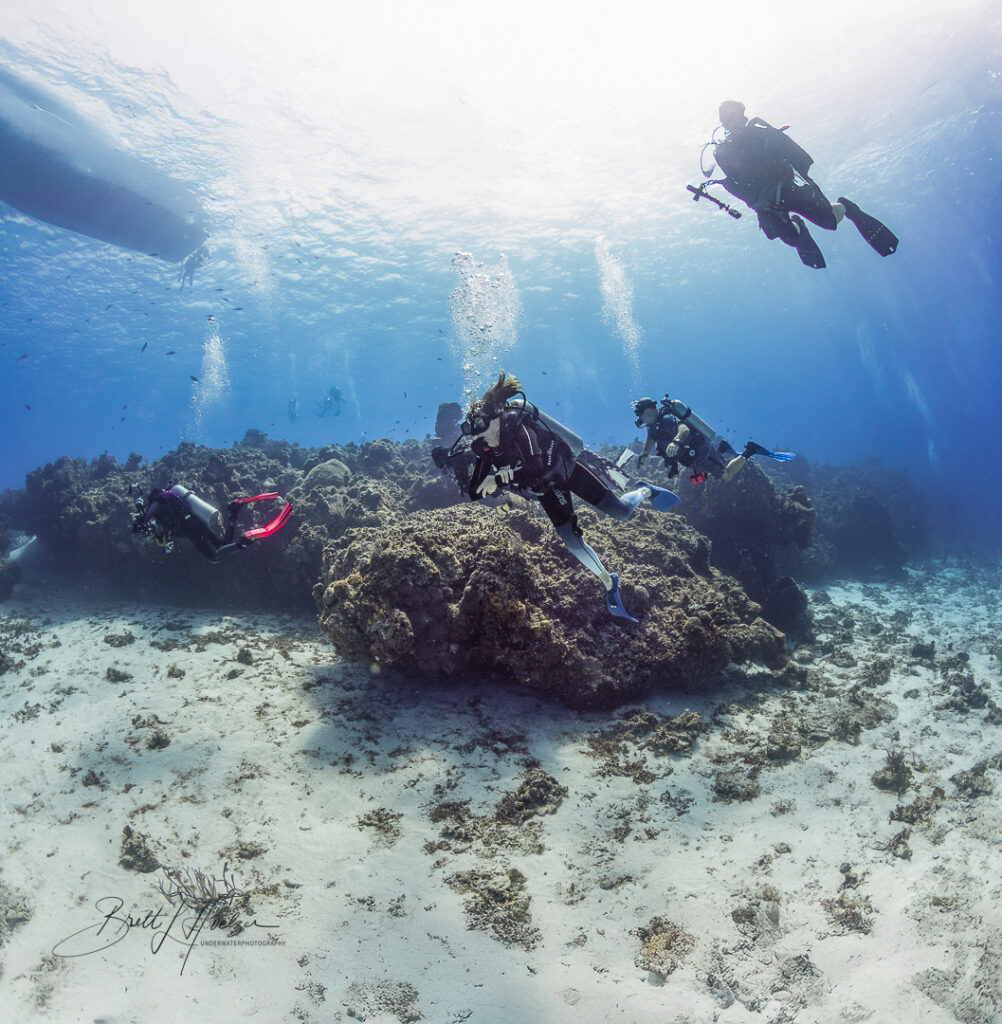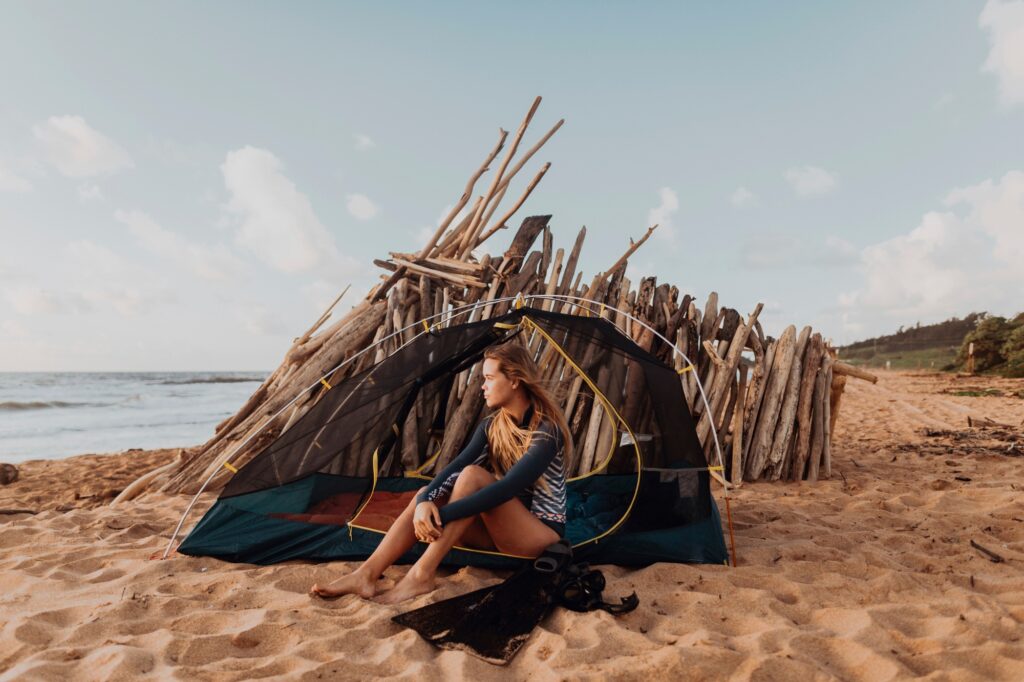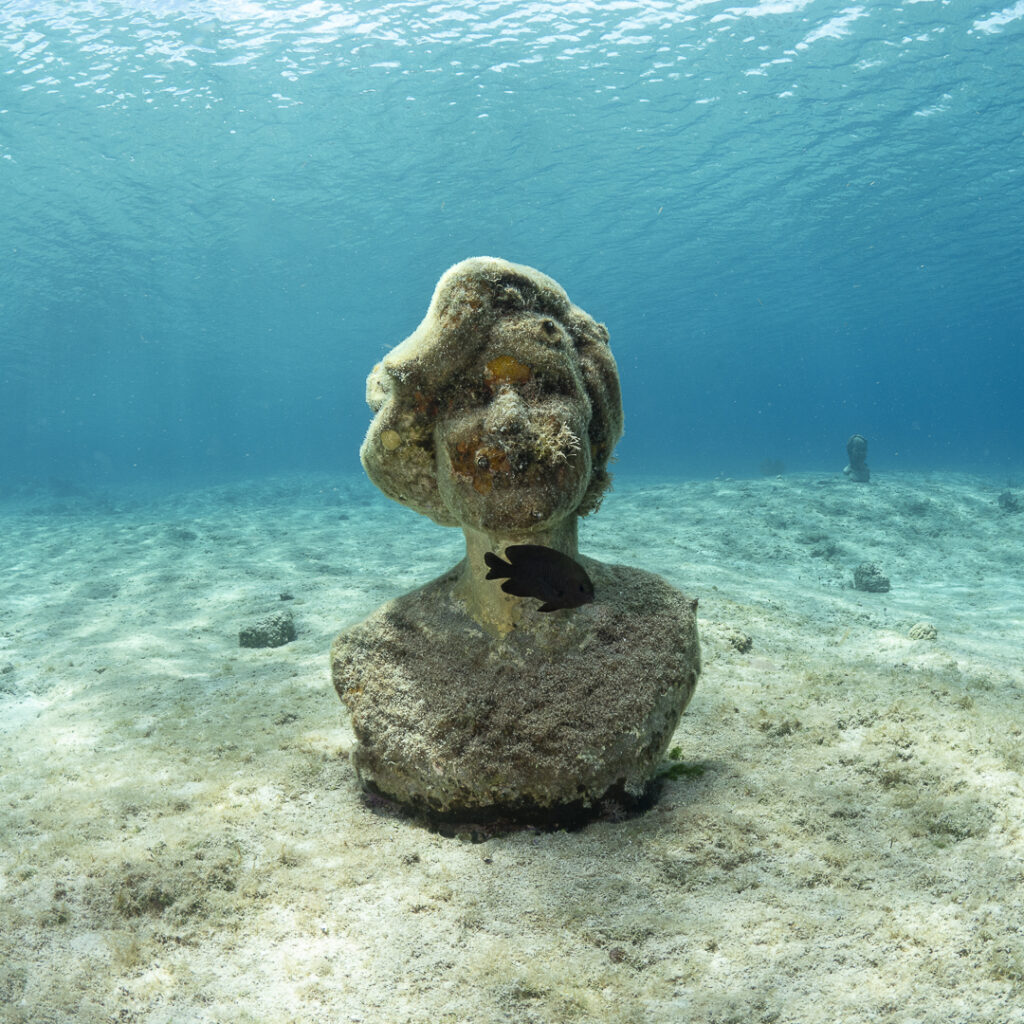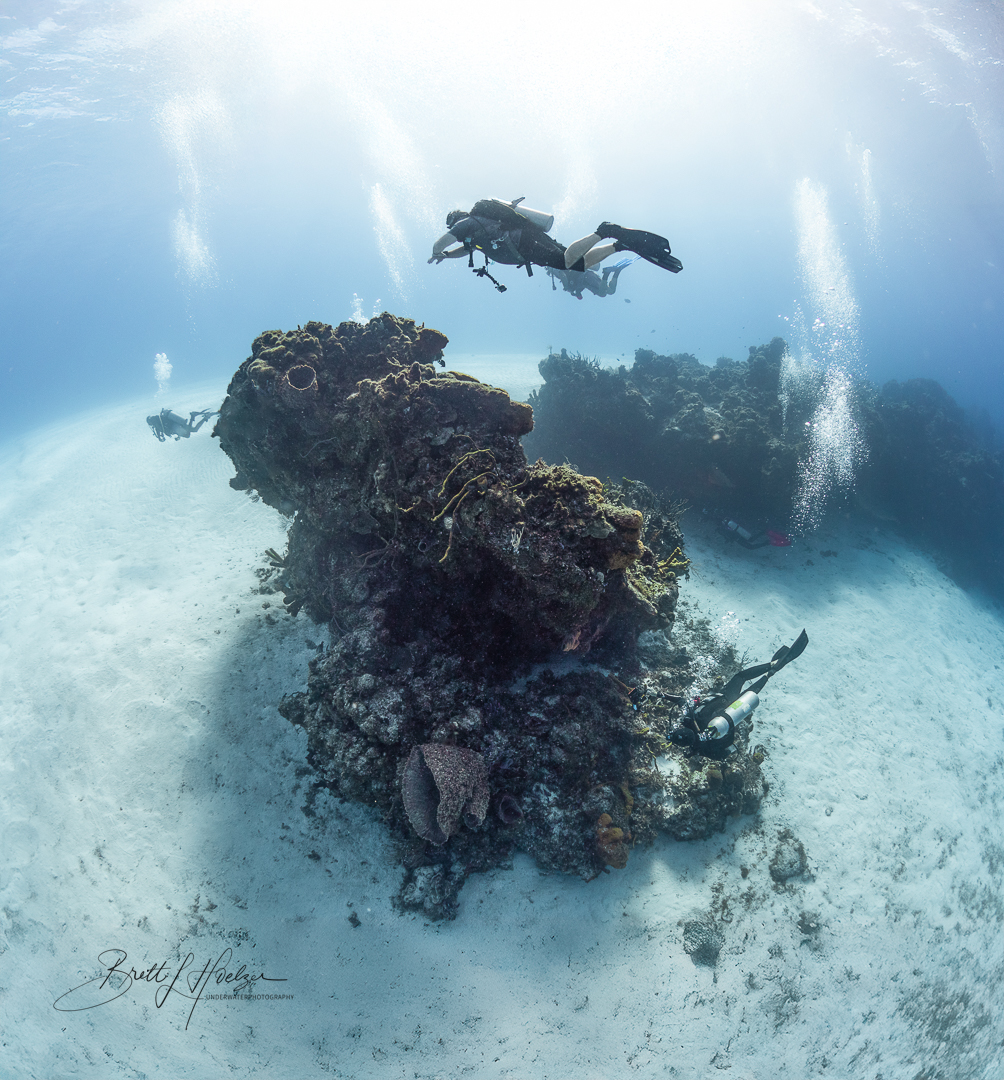(And Why It Matters When You’re Scuba Diving in Cozumel)
Scuba diving in Cozumel is a dream for ocean lovers. With crystal-clear waters, world-renowned drift dives, and colorful coral reefs with grand pinnacles, it’s no wonder this island is one of the top dive destinations in the world. But the beauty we enjoy underwater is fragile, and divers play a direct role in its protection—or its degradation.
According to a report by the United Nations Environment Programme (UNEP), damage to fragile marine ecosystems from diving activities is an escalating concern. The report notes that approximately 88% of divers unintentionally come into contact with coral reefs during a single dive. These interactions—including fin kicks, physical contact, souvenir collection, and poor anchoring practices—can lead to over 200,000 harmful incidents at just one dive site annually (UNEP, 2019).
On a positive note, more scuba divers around the world are becoming active participants in coral reef conservation. As reported by Phys.org (2024), many are now trained in reef restoration, marine monitoring, and debris removal, turning recreational dives into meaningful conservation efforts. This growing movement shows how divers can be powerful allies in protecting fragile marine ecosystems.

If we want to keep these reefs thriving, we need to be part of the solution. Here’s a breakdown of five ways divers can unintentionally harm the ocean, and five simple but powerful ways they can help—with expert guidance from Green Fins and PADI AWARE, two organizations leading global marine conservation efforts.
5 Ways Scuba Divers Can Hurt the Ocean
- Touching or Kicking Coral
Cozumel’s reefs are full of intricate coral and sponge structures that provide shelter for marine life. Physical contact with coral—whether from a hand or a stray fin—can kill or seriously damage these living animals. Even the pressure from an underwater camera can be harmful. - Poor Buoyancy Control
Sediment stirred up by poor buoyancy can smother coral and reduce light penetration, essential for coral health. Both Green Fins and PADI AWARE emphasize buoyancy training as one of the most important skills a diver can develop to minimize their impact on the marine environment. If you’re not yet a PADI Advanced Open Water Diver, consider taking this course. It’s loads of fun and a great way to improve your buoyancy through the Peak Performance Buoyancy course. - Feeding or Harassing Wildlife
Feeding fish or chasing animals like turtles, sharks, and stingrays disrupts natural behaviors and can increase aggression in certain species. PADI advises divers to maintain respectful distances and avoid influencing wildlife movement or feeding habits. Many photographers and videographers try to chase after marine life to get that perfect shot or video, but it can really stress them out. Often they will come to you if you are relaxed and just watching them. Read these tips for underwater photographers in this excellent article by Green Fins. - Marine Debris and Gear Mishaps
Items like gloves, broken fin straps, or plastic clips often end up lost during dives. These become ocean litter that may entangle or be ingested by wildlife. Keep your dive gear in good condition, don’t use gloves while diving (unless cold water diving), and don’t throw anything into the sea that didn’t come from the sea. Food waste thrown in the sea can cause eutrophication, which will increase algal blooms. Too much algae kills corals by blocking sunlight that corals need to survive. - Using Harmful Sunscreens or Polluting the Water
Many sunscreens contain chemicals like oxybenzone and octinoxate, which are toxic to corals even in small amounts. An article in Guardian reported that 14,000 tons of sunscreen end up in coral reef areas every year! Green Fins encourages divers to use reef-safe sunscreens or wear UV-protective rash guards to avoid chemical contamination. Some Marine Parks, like Cozumel’s National Marine Park, do not allow sunscreen use of any kind—even reef-friendly sunscreen. Better to cover up with a long sleeve rash guard and hat.

5 Ways Scuba Divers Can Help the Ocean
- Master Buoyancy — and Keep Off the Bottom
Controlling buoyancy not only helps you conserve air and move efficiently, but it also protects the reef. Green Fins recommends dive training that includes advanced buoyancy skills as a core way to reduce diver impact. Besides taking dive courses to improve your buoyancy, you can also dive more and ask your divemaster to give you some helpful tips and assist you underwater. - Take Part in Citizen Science
While scuba diving in Cozumel, divers can contribute to research and reef monitoring programs. PADI AWARE empowers divers to log species sightings, coral conditions, and marine debris through their Dive Against Debris® and Adopt the Blue™ initiatives. - Remove Trash Responsibly
Picking up marine debris is one of the most direct ways divers can help. If you’re diving with an operator who supports PADI AWARE, you can join official clean-up dives that contribute to global data and policy change. And it is important to do a safe underwater cleanup. Green Fins has compiled some excellent guidelines. - Dive with Sustainable Operators
Green Fins and PADI certifies dive centers that adhere to environmentally friendly practices like avoiding single-use plastics, using mooring buoys instead of anchors, and using eco-friendly cleaning solutions, and adhering to strict guidelines about not touching coral, feeding fish, not wearing gloves. When scuba diving in Cozumel, look for operators like Sand Dollar Sports, who are Green Fins members or actively involved in beach and underwater dive cleanups. - Be an Advocate Above Water Too
Sylvia Earle, a world-renowned expert on marine biology, said “We need to respect the oceans and take care of them as if our lives depended on it. Because they do.” Educate others, share your conservation experiences, and make sustainable choices at home that reduce carbon and plastic pollution—all of which affect ocean health.

Why This Matters When Scuba Diving in Cozumel
Cozumel is part of the Arrecifes de Cozumel National Park, a protected marine area within the Mesoamerican Barrier Reef, the second-largest barrier reef in the world. These reefs are vital—not only for tourism and biodiversity—but also for coastal protection and the local economy. The reefs have already suffered extensive damage from hurricanes, coral bleaching, coastal development, cruise ships, and pollution. We need to protect them from further degradation.
By following Green Fins guidelines, supporting marine conservation projects such as Cozumel Coral Reef Restoration Program, and diving with care, you can be part of the global movement to preserve this underwater paradise for your own enjoyment and future generations. Enjoy your dives safely and sustainably.
Ready to Dive Responsibly?
The next time you go scuba diving in Cozumel, take a moment to appreciate the reef and consider how your actions impact it. Whether it’s improving your buoyancy, joining a reef restoration tour, or simply choosing a responsible dive shop, every small effort helps.
The ocean gives us everything. It’s time we give something back.


